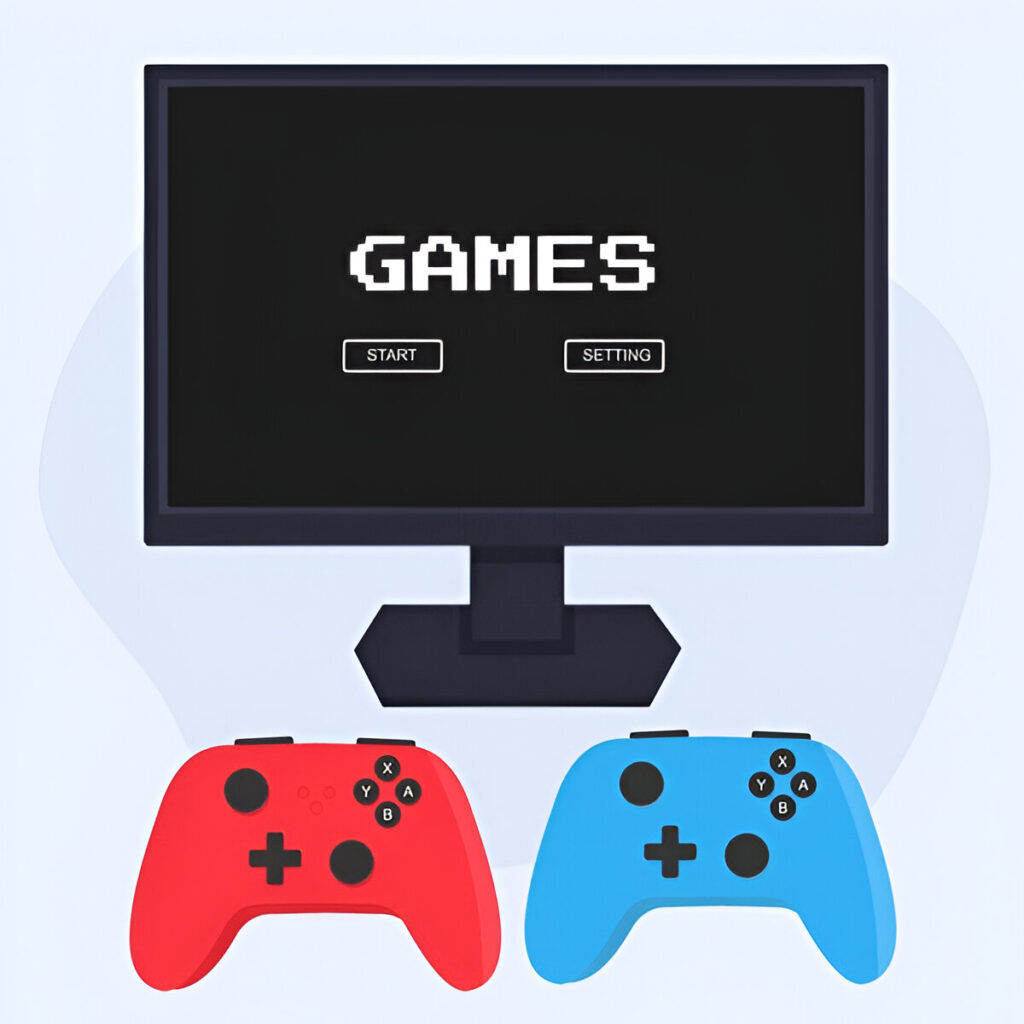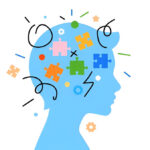I’ve always loved games, but somewhere between casual phone swipes and endless streaming binges, I realized my attention span was slipping. I couldn’t focus on tasks for long, and my brain felt… foggy.
That’s when I started looking for something different — games that wouldn’t just entertain me, but also help me think more clearly. That’s when I found logic games for focus.
Unlike mindless tapping games, these actually make you slow down, think ahead, and analyze. And here’s the sneaky part: they’re ridiculously fun. You’ll be completely absorbed in solving the puzzle, not even realizing you’re training your brain the entire time.
Here are the games that made me sharper without me noticing.
1. Chess.com (or Any Online Chess)
Chess is the grandmaster of logic games. Every move counts, and every mistake teaches you something. I’ve been playing chess on and off for years, but it wasn’t until I started playing daily that I noticed my ability to focus improving.
There’s something about staring at a board, predicting what your opponent will do next, and planning three moves ahead that forces you into deep concentration. It’s the same focus you need when working on real-life problems.
I recommend timed matches — they add just enough pressure to keep your brain alert without overwhelming you.
2. Sudoku
Sudoku is like meditation for logical thinkers. You start with a mostly empty grid and slowly fill it out using deductive reasoning. No guessing, no shortcuts — just pure logic.
When I play Sudoku in the morning, my brain feels like it’s “warmed up” for the rest of the day. It’s almost like stretching before a workout. Plus, it trains patience, which is a rare skill in a world of instant gratification.
3. Picross (Nonograms)
Nonograms are picture logic puzzles that reveal a hidden image when you fill in the right squares. It sounds easy, but it demands a balance of precision, patience, and pattern recognition.
The first time I played, I was too quick to fill in boxes and had to restart. But after a few tries, I slowed down, double-checked my logic, and started getting better. That habit of pausing to think carried over into how I approached tricky work tasks.
4. Minesweeper
Yes, that little game from old Windows computers is still one of the best logic games for focus. It’s all about using clues to figure out where the bombs are without clicking one by mistake.
When I came back to Minesweeper after years, I was surprised at how tense it made me — in a good way. I found myself hyper-focused, scanning numbers, weighing possibilities, and making careful moves.
It’s a fantastic way to train your ability to concentrate under pressure.
5. The Witness
The Witness is a masterpiece of puzzle design. You wander a beautiful island solving line-based puzzles that gradually teach you new rules without a single tutorial.
What makes it so brilliant is how it forces you to observe your surroundings. Clues are hidden in nature, architecture, and even the sound design. I remember one puzzle that I couldn’t solve for hours — then, suddenly, I noticed a shadow on the ground that was the answer. That “click” moment felt like magic.
It’s not just a game; it’s a lesson in paying attention.
6. Portal 2 (Puzzle Mode)
Portal 2’s co-op and puzzle modes aren’t just fun — they’re like brain bootcamps. You use a portal gun to navigate spaces in ways that defy normal physics.
When I played with a friend, I realized how much it pushed me to think critically and communicate clearly. You can’t just randomly try things; you have to plan your moves, test them, and adapt when they don’t work.
It’s the perfect example of how problem-solving in a game mirrors real-world challenges.
7. Baba Is You
This is one of the most creative games I’ve ever played. The rules of the game are written as blocks you can move. Change “Baba is You” to “Rock is You” and you’re suddenly a rock.
It constantly forces you to think in ways you never have before. One night, I stayed up way too late trying to solve a level, and when I finally cracked it, I felt like my brain had just run a marathon.
It’s playful, mind-bending, and absolutely perfect for training flexible thinking.
Comparison Table: Logic Games for Focus
| Game Name | Main Skill Trained | Difficulty Level | My Fun Rating |
|---|---|---|---|
| Chess | Strategic thinking, planning | High | 9/10 |
| Sudoku | Deductive reasoning | Medium | 9/10 |
| Picross | Pattern recognition | Medium–High | 8.5/10 |
| Minesweeper | Risk analysis, focus | Medium | 8/10 |
| The Witness | Observation, problem-solving | High | 9.5/10 |
| Portal 2 (Puzzle) | Critical thinking, teamwork | Medium–High | 9/10 |
| Baba Is You | Creative logic | High | 9/10 |
Why Logic Games Are So Good for Focus
Logic games work because they require active thinking. Unlike scrolling through social media, you can’t half-play them while doing something else. You’re either in the game or you’re not.
This deep engagement is what scientists call “flow” — that state where you’re so absorbed in a task that time disappears. The more often you hit that state, the easier it becomes to concentrate in other parts of life.
How They’ve Helped Me in Real Life
After weeks of playing these games regularly, I noticed I was more patient when tackling work projects. I could stick with problems longer without getting frustrated, and I started spotting solutions faster.
Even everyday tasks got easier. Grocery shopping became a mini logic puzzle (“What’s the fastest route to get everything without backtracking?”), and I was much quicker at planning road trips and packing efficiently.
Tips for Getting the Most Out of Logic Games
-
Play in short bursts — 15–30 minutes is plenty.
-
Switch between different games to train multiple skills.
-
Challenge yourself with higher difficulty settings.
-
Reflect on your gameplay — think about what worked and what didn’t.
When I mixed fast games like Minesweeper with slower, more deliberate ones like Chess, I saw faster improvement in both focus and problem-solving.
Final Thoughts
Logic games aren’t just entertainment — they’re like stealth brain workouts. You’ll have fun, but you’ll also be training yourself to focus, think critically, and adapt under pressure.
Whether you’re planning a chess checkmate, avoiding a mine, or bending the rules in Baba Is You, you’re building skills that will quietly make life easier.
So, the next time you want to “just play a quick game,” make it one of these logic games for focus. Your brain will thank you — and you might just surprise yourself with how much sharper you feel.
Which one will you try first?


